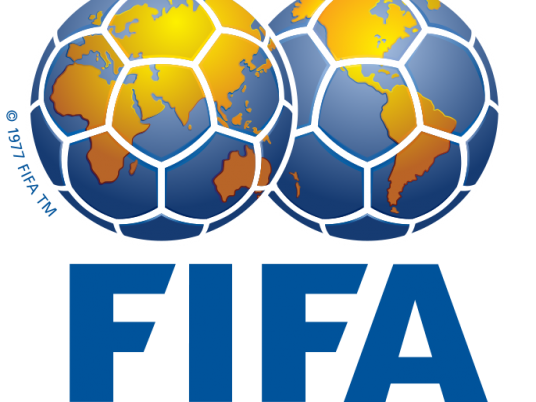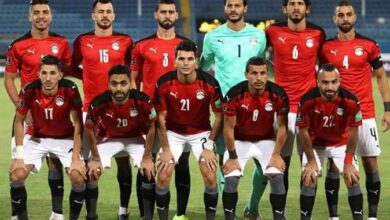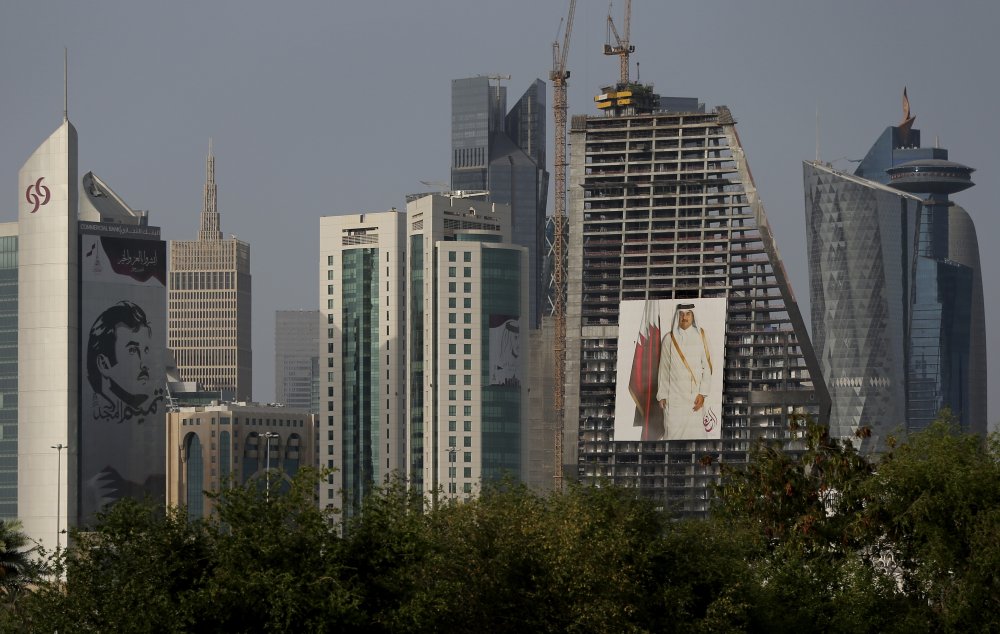
Football's world governing body FIFA has cleared 2022 World Cup hosts Qatar of corruption and ruled out a re-vote to decide the host of the competition despite widespread allegations of wrongdoing.
"While the chairman of the adjudicatory chamber fully concurs with the relevant findings, the occurrences at issue were, in the chairman’s assessment, only of very limited scope.
"In particular, the effects of these occurrences on the bidding process as a whole were far from reaching any threshold that would require returning to the bidding process, let alone reopening it.
"The assessment of the 2018/2022 FIFA World Cups bidding process is therefore closed for the FIFA ethics committee."
However, the committee did recommend a series of reforms to future bidding processes in an effort to protect the integrity of the sport's most lucrative showpiece event.
These include four-year limits on FIFA executive committee posts, the FIFA Congress, rather than the executive committee, to decide on future venues, a more transparent rotation system and a ban on committee members visiting bidding nations.
In a break with FIFA tradition, the 2018 and 2022 tournaments were awarded at the same time, in 2010, leading to claims of horsetrading in the bidding process.
As concerns grew, FIFA appointed Michael Garcia, a former US federal prosecutor, to head up the inquiry into the 2018 and 2022 tournaments.
His 350-page report was handed to FIFA on September 5.
It summed up a year-long investigation that involved interviewing more than 75 witnesses and compiling a dossier with more than 200,000 pages and audio interviews.
The main controversy revolved around Qatar and how the gas-rich emirate was awarded the 2022 competition which was initially to be played in the summer when temperatures reach the upper-40s Celsius.
It also considered claims by international labour organisations that working conditions for migrant workers employed in the construction of the stadia were less than satisfactory.
Despite Qatar escaping a revote, Wednesday's ethics committee report still raised serious concerns over its campaign.
The report again probed the role of Qatari Mohammed bin Hammam, a former member of the FIFA executive committee who was banned from all football activity in 2012.
In June Britain's Sunday Times alleged that bin Hammam paid more than $5 million to officials around the world before the 2010 vote to drum up support for the tiny Gulf state.
However, the report states that payments were designed to bolster his bid for the FIFA presidency in 2011 rather than to manipulate Qatar's 2022 World Cup hopes.
Qatar's decision to sponsor the 2010 Confederation of African Football (CAF) Congress in Angola to the tune of $1.8 million was also brought into question.
"It remained unclear how much the event did cost. The Investigatory Chamber of the FIFA Ethics Committee concluded that this connection, when viewed in the context of the lack of transparency in the record, created a negative impression," added the report.
"However, the circumstances presently relevant were not suited to affect the integrity of the FIFA World Cup 2018/2022."




